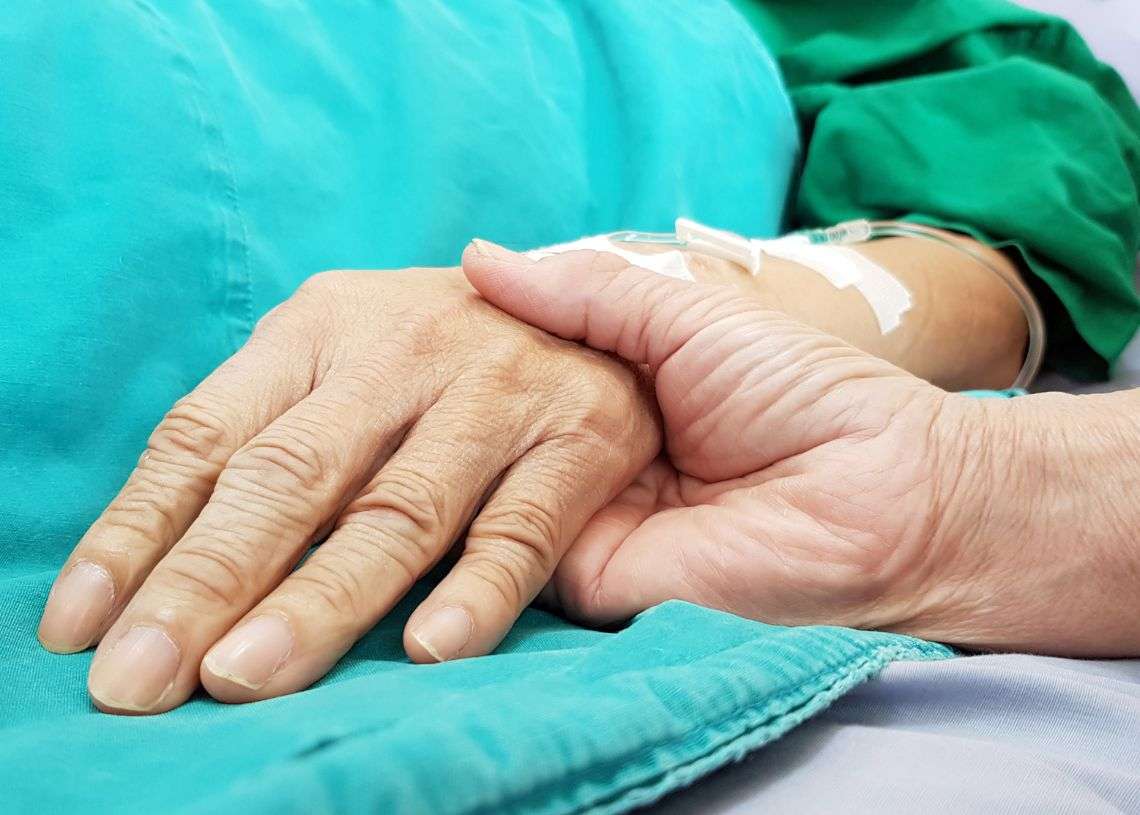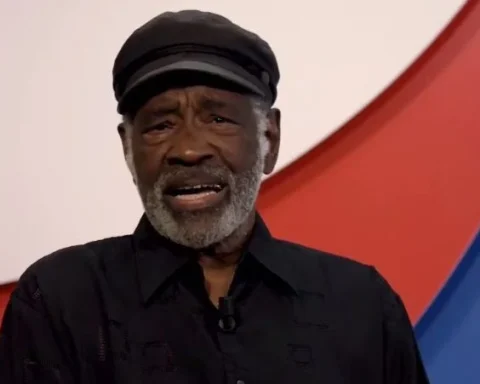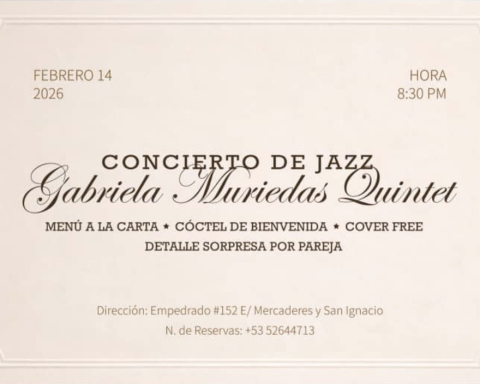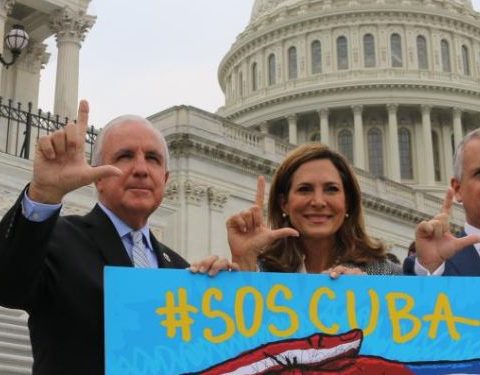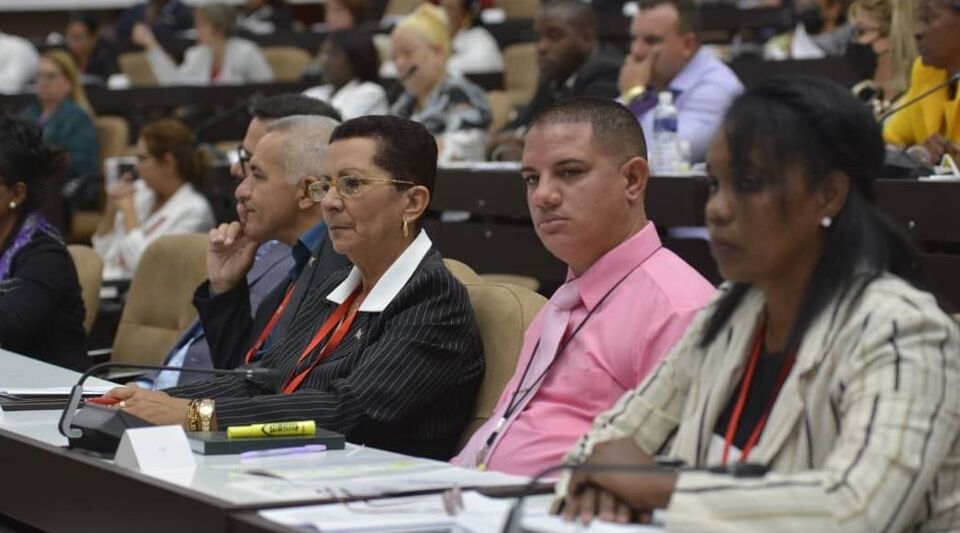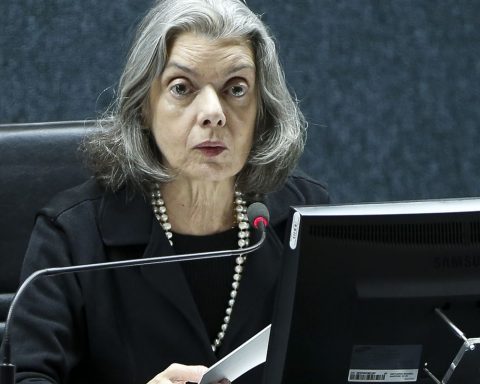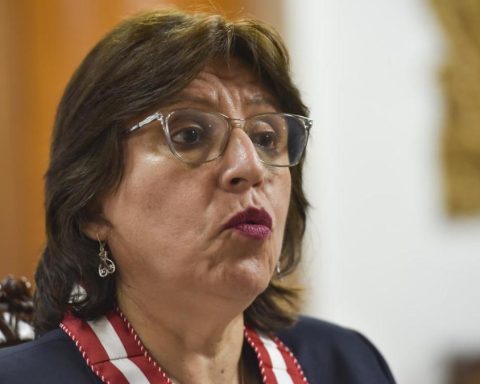Sunday December 11 it was presented in Cuba the Draft Public Health Law before the deputies to the Parliament. One of the most innovative—and controversial—issues is the recognition of euthanasia as “people’s right to a dignified death and as a form of care and health care”.
However, for its implementation it requires a legal provision of a higher rank, said Dr. José Ángel Portal Miranda, Minister of Public Health, who was in charge of presenting the proposal.
The news has opened a wide debate in the country on such sensitive issues as the meaning of life, death and the meaning of medical practice. Hence, before starting the debate, it is imperative to know what is meant by euthanasia, what are its variants, in which countries is it legal, etc.
One of the most accepted concepts of euthanasia is the one who conceives it as “the conscious, intentional and voluntary medical procedure through which the life of a terminal patient is put to an end (that is, without any expectation of improvement), in order to save him further suffering and pain” .
Said procedure has the voluntary approval and the explicit request of the patient, or of his person in charge, in case the first one is incapable of expressing his own will. The medical procedure can be classified according to the level of intervention of the doctor in direct euthanasiawhen the death of the patient is actively sought and the Euthanasia hintin which death occurs as a consequence of applying only palliative treatments, such as high doses of morphine.
Another way to sort out euthanasia is in active either passive. The first refers to the set of actions that produce a death “that would not have occurred without them”; while passive euthanasia refers to the suppression or non-application of measures that “maintain or may maintain a person alive”, who dies as a result of these decisions.
The difference is not small. In some contexts it is considered permissible to stop treatment and “let the patient die”; but it is strictly forbidden to “take direct action that has the purpose of killing the patient”.
Depending on what desire the patient expresses, it can be voluntary, when it is the individual himself who requests it in person or through a certified document that he has written; Y not voluntary, when a third party makes the decision, usually a close relative or a legal representative, in the case of a patient who cannot be consulted due to his condition and has not left anything in writing with legal support in this regard.
If the norm is approved, Cuba would become the eighth country in the world where the procedure is legal; the seven where it already is: Holland, Belgium, Luxembourg, Spain, Canada, Colombia and New Zealand; each with their own nuances.
For example, in the Netherlands euthanasia is applied to “patients with unbearable and irreversible pain” and it is the patient who must ask their doctor, who is obliged to consult with a colleague before deciding. In Belgium it can be applied at any age, with parental consent; In addition, it includes “cases of irremediable mental suffering” (it is not the only one that contemplates these cases). In Spain, only people of legal age can request it and the wish to die must be confirmed “at least four times” throughout a process that usually lasts more than a month, and in which the patient can withdraw or retract at any time. defer your request. Finally, in Germany, Sweden, Norway, Denmark, Finland and Austria passive euthanasia is allowed.
A variant of the practice is the assisted suicide, which does not require the direct intervention of doctors, they only provide the necessary means and it is the patient who takes the medication to end his life. The practice has been legal in Switzerland since the 1940s; but in Cuba it is considered a crime. On the contrary, in Poland euthanasia is understood as murder, the same as in Bulgaria and Croatia, where the penalties for practicing it range from 5 to 8 years. The same occurs in Mexico and Ecuador.
“The good and the good”: arguments for and against
A curious element about euthanasia is that both those who are in favor of it and those who are against it declare themselves to be compassionate people and against “extreme suffering”. Among those who oppose the practice one of the ideas The most frequently used is that with euthanasia the State would be assuming that there are “eliminable lives” and that eliminating them helps us all, by reducing costs and the effort generated by the care of terminal patients. They also affirm that many ask to die from “pain and loneliness”, in which case the solution would be to opt for better palliative care.
Additionally, they maintain that the legalization of euthanasia “would limit investment in palliative care” and “never remains in extreme cases”, but rather, as the law is approved, its frameworks are expanded. Finally, they allege that euthanasia confers “too much power on the State to kill” and they fear that it would be practiced on someone who “really” did not want it.
Those who are in favor of euthanasia use arguments such as that everyone has the right to put an end to unnecessary and degrading suffering, which does not allow them to carry out a “dignified life”but pain and agony, which prevents him from submitting to “therapeutic relentlessness” in the face of advances in medical science, and the desire of doctors and family members to keep alive a being who suffers without any prospect of recovery.
A closely related concept is that of “death with dignity”, understood as that which, desired by a person, occurs with the assistance of “all appropriate medical relief and palliative care”, as well as “all possible human consolations ”.
This is strongly supported by the principle of patient autonomy, which is based on self-government, understood as the ability of each person to set goals and make rational decisions to achieve them, including the right to end their own life. Although it is a gradual capacity, it is considered that there is a threshold from which it is assumed that an individual has competence for autonomous decisions.
conscientious objectors
Euthanasia has found strong detractors within the medical profession. In fact, the World Medical Association has reiterated that both “physician-assisted suicide, like euthanasia, is unethical and should be condemned by the medical profession,” because it conflicts with “basic ethical principles,” while “strongly” urging national medical associations and physicians not to engage in euthanasia, “even if permitted by national law or decriminalized.”
It is not a minor issue; there are well-founded reasons to be in favor or against the procedure and the law -Cuban- should recognize the right of doctors and other personnel to practice their profession without violating its principles. However, justice has made it clear that conscientious objection is not a “fundamental right” nor is it above compliance with the law and the right to access a dignified death. It is not “a blank check” nor can it be used by political, religious or other types of groups to prevent the application of a norm, as has happened in Spain and other countries with abortion.
Cuban public health, as part of society, must move in the direction of guaranteeing the greatest possible number of rights for all people. I firmly believe in autonomy, that people should have a dignified life and, of course, the possibility of dying with dignity, whenever they wish.
For years I have witnessed the terrible consequences for patients and families of therapeutic cruelty, even when responding in good faith. On the other hand, I understand that an important part of society, including colleagues, is opposed to these practices; but the existence of a right supposes only the freedom for it to be exercised by those who decide so and does not directly affect those who oppose it.
Euthanasia, as part of the new Cuban Public Health Law, is one of the issues that will surely give rise to a broad and profound debate in the increasingly diverse and pluralistic Cuban society. This is how it should be, because these are issues that concern us all. Therefore, reporting on these issues is an obligation.
